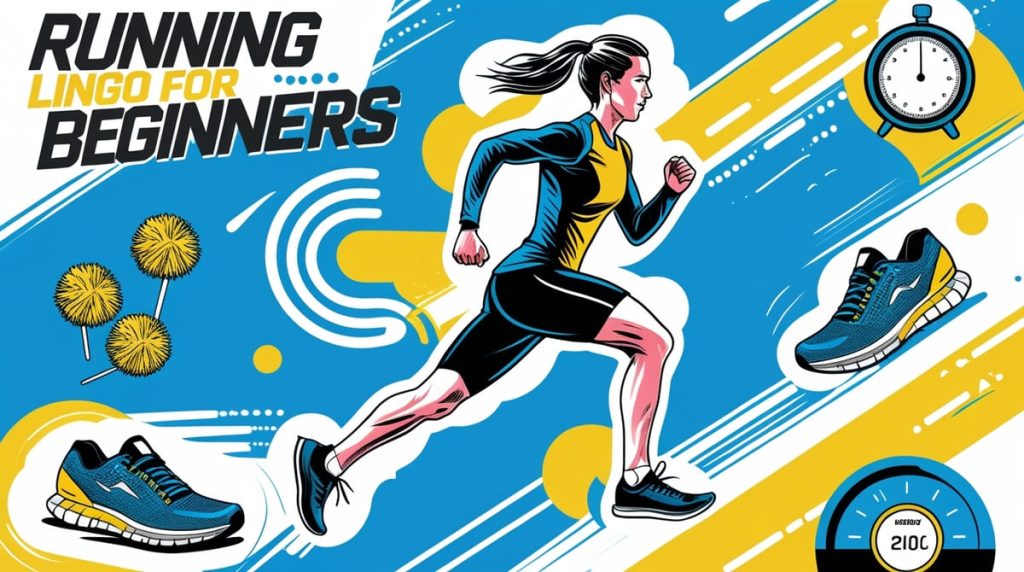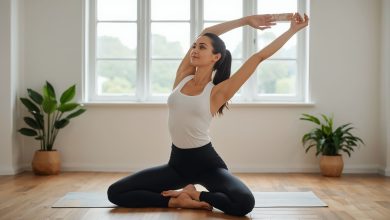
Follow this 4-Week 10K Running Plan to achieve your race goals! Build endurance, improve speed, and succeed with expert tips on pacing, nutrition, and recovery.
Why Train for a 10K?
A 10K race, which is 6.2 miles, is an excellent challenge for runners of all levels. It’s long enough to test your endurance but short enough to be achievable with the right preparation. Training for a 10K also improves cardiovascular health, strengthens muscles, and builds mental toughness.
4-Week Training Plan
This plan combines running, cross-training, and rest to help you prepare effectively. Tailor it to your fitness level, and always listen to your body.
| Week | Day 1 | Day 2 | Day 3 | Day 4 | Day 5 | Day 6 | Day 7 |
|---|---|---|---|---|---|---|---|
| 1 | Rest or easy run | 2 miles easy | Cross-train (bike, swim) | 2 miles easy | Rest | 3 miles easy | Long run: 4 miles |
| 2 | Rest or yoga | 3 miles easy | Cross-train | 2 miles + strides | Rest | 4 miles tempo | Long run: 5 miles |
| 3 | Rest or light run | 3 miles easy | Cross-train | 3 miles tempo | Rest | 4 miles hills | Long run: 6 miles |
| 4 | Rest or yoga | 2 miles easy | Cross-train | 2 miles easy | Rest | 3 miles easy | Race day: 10K! |
Key Workouts Explained
Easy runs are done at a conversational pace, building endurance without overexerting your muscles.
Tempo runs involve running at a “comfortably hard” pace for a sustained period to improve speed and aerobic capacity.
Long runs help your body prepare for the distance. Run at a slow, steady pace to build endurance.
Strides are short bursts of speed (20-30 seconds) at the end of a run to improve running form and efficiency.
Cross-training, like biking or swimming, strengthens your body while reducing the risk of injury.
Expert Tips for a Successful 10K Training
Start slow and build gradually to avoid injury.
Warm up with dynamic stretches before every run and cool down with light jogging and static stretches afterward.
Prioritize rest days to allow your muscles to recover and grow stronger.
Eat a balanced diet rich in carbohydrates, protein, and healthy fats. Stay hydrated, especially on long run days.
Invest in comfortable running shoes that suit your gait and terrain, and wear moisture-wicking clothing to prevent chafing.
Practice race day strategies during long runs, including pacing and hydration.
Common Questions About 10K Training
How many miles should you run weekly? Beginners may start with 10-15 miles per week, while experienced runners might aim for 20-30 miles.
Can cross-training be skipped? Cross-training helps prevent overuse injuries and builds overall fitness, so it’s best not to skip it unless necessary.
What should you do the day before the race? Rest or go for a light 1-2 mile jog. Avoid strenuous activities, hydrate well, and eat a carb-rich meal.
Running Lingo for Beginners

Strides (or “striders”) refer to a series of short sprints, usually between 50 and 200 meters.
Easy run. These light runs are best done at a conversational pace. (That means if you can’t run and recap last night’s episode of “The Bachelor” at the same time, you’re going too fast!)
Recovery run. Also lovingly referred to as “junk miles,” a recovery run is a short, slow run that takes place within a day after a long, harder run. This teaches your body how to work through a fatigued state.
Interval training. Here you’ll be alternating specific time periods of specific high and low intensity during a run.
Tempo run. Usually done only once per week, tempo runs are a tougher form of speed training. Runners challenge themselves to hold a “threshold” (or comfortably difficult) pace for a 20-minute period during a run. (Don’t forget a good warmup and cooldown, too).
Race Day Tips
Arrive early to give yourself enough time to warm up and get comfortable.
Stick to your plan and start at a steady pace; avoid sprinting at the beginning.
Enjoy the experience and celebrate your training journey, not just the finish line.
Training for a 10K is an incredible way to challenge yourself and improve your fitness. With this 4-week plan and expert tips, you’ll be prepared to achieve your goals and enjoy the race. Remember to listen to your body, stay consistent, and celebrate every milestone along the way.
For more running tips, health advice, and fitness plans, explore FitzoLife and take your training to the next level!



